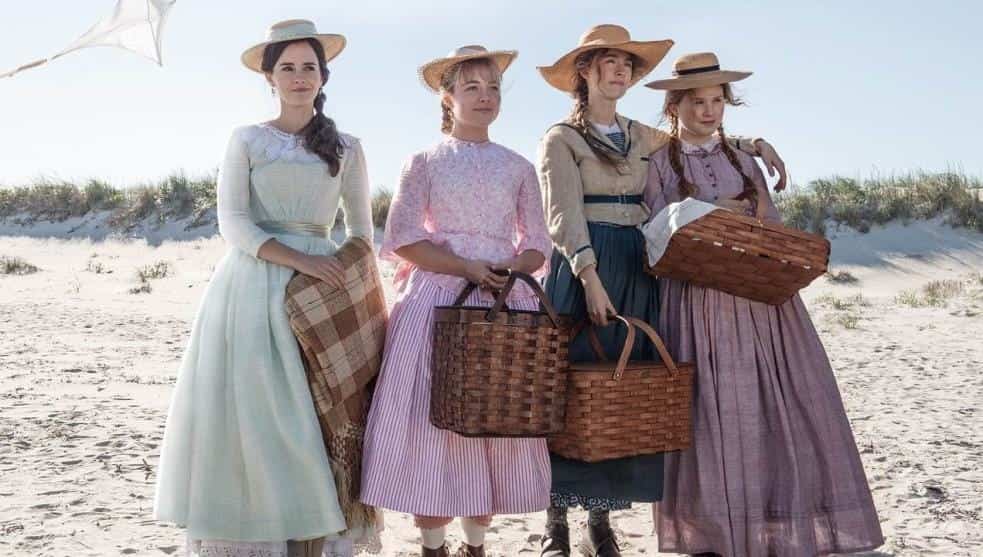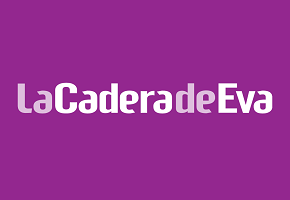The film "Little Women," directed by Greta Gerwig, has been rated feminist by the same director. However, the film''s angle raises questions, can we affirm that this work has feminist dyes?
Elsa Fernández writes in El País newspaper that it is a "lovely and happy movie but overly complacent, in which Greta Gerwig has written a love letter to herself."
Saoirse Ronan and Greta Gerwig
The film shows the discomfort of female characters with marriage, and Director Gerwing still manages to remain critical on this issue.
Louisa May Alcott''s work has been criticized for whether she is a feminist or not. Hillary Lelly points out, "it is frankly odd that intelligent women consider a book where the main characters'' dreams are discarded and end up stuck in a life dedicated to darning socks is a must-read for girls today."
In social networks, the film Little Woman has been described as "white feminism" because it portrays wealthy women who question the stereotypes of their time.
What is "white feminism"?
Zeba Blay points out that "white feminism intends to close the wage gap between women and men, but fails to recognize that most of the time, Latin and black women earn even less than that."
About this criticism, Begoña Piña points out that Gerwin is the first filmmaker who understands the economic environment where history is written and adds:
"Gerwig is the first filmmaker who understands that Mujercitas is a story of 'female artists, women and money,' as she has written in the film's management notes.
In an interview for La Cadera de Eva, feminist Alejandra Collado points out that while reading the book, she thought it was more a soap opera taken as a classic. "It is not a work that from the beginning has positioned itself as a feminist," she said. However, she acknowledges that female issues directed by women given spaces in the cinema.
"There is soft feminism that of Emma Watson, of the UN that is good because it allows us greater visibility. It is from this place where the appropriation and these products can promote feminism, which is also seen as a market of consumption, "clarifies the feminist.
Collado adds, "It is commendable that these spaces are recognized, and budgets occupied for women''s films than for typical machine-action movies."


 Por:
Por: 